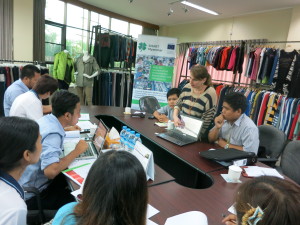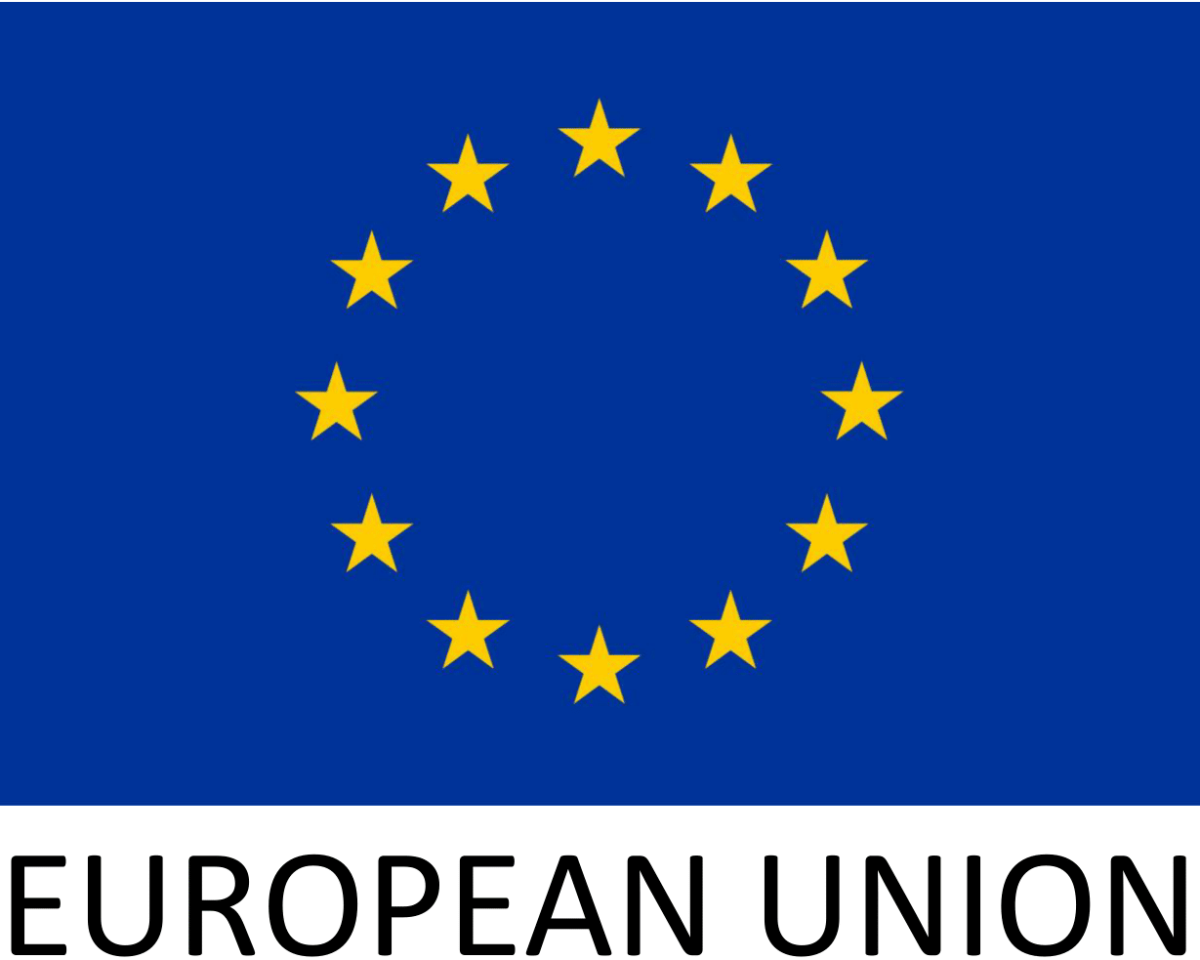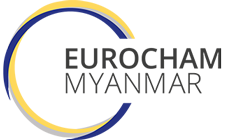 From the 24th, November, 2014 to 11th, December, 2014, Ms. Barbara Waeschle, garment technician from ESGE’s quality department visited the SMART Myanmar project factories. With her guidance, the SMART Myanmar team developed useful approaches and tools including: SAM (Standard Allowance Minute), Training Guide Book and Department Organization in both English and Myanmar Languages. The objective of SAM is to improve profitability through better organization and higher efficiency. It involves a close study of the needs and performance of the workers. By using SAM in production, it gives data for better planning, organization, floor control and business transparency. Because proper and intensive training is the basis for successful quality achievement a “Training Guide Book” is essential for every factory. Without a proper training guide book, the quality of in factory training for new recruits can vary, and such inconsistency can oftentimes wreck quality and productivity efficiency. Essentially, it is much more effective to produce skilled tailors by using a proper training guide book. Also, having a good and well-conceived floor plan in a large manufacturing facility is one of the important features of a properly run factory. A floor plan should enhance the maximization of floor space, allow proper and efficient lighting and adequate air flow, and it should minimize the time and steps involved in moving things. As part of this, all departments must be properly organized in efficient ways for better production. These were some of the key lessons explained by Ms. Waeschle during her long visit. Ms. Waeschle and the team of SCP technical assistants consulted ten Myanmar factories that SMART Myanmar works with: Maple, Cherry, Thiri Sandar, Tri Sea, Golden Jasmine, Hallmark, Shweyi Zabe, Shwe Sakar, Myanmar Synergy and Rising White Tiger and presented and explained about the three topics. This is part of a series of interesting and relevant training topics SMART is introducint to the local factorys to help Myanmar’s garment sector in the transition from a Cut Make Pack (CMP) to Free On Broad (FOB) business model. The CMP business model is a limited service and CMP prices are much lower. Full scale business (FOB business model) is much more attractive for the Myanmar garment sector because the profit margin is much higher. This is why the National Export Strategy of Myanmar, garment section, was developed by the industry itself with the support of ITC Geneva. The challenge is of course to implement all necessary changes on factory level as well as on policy level to empower the industry to grow. SMART Myanmar plays in important role in this process because it works on factory level to create show cases for other industrialist to see how this can be achieved. SMART Myanmar also addresses the need for policy changes in dialogues with the Myanmar Garment Manufactures Associations and the Ministry of Commerce.
From the 24th, November, 2014 to 11th, December, 2014, Ms. Barbara Waeschle, garment technician from ESGE’s quality department visited the SMART Myanmar project factories. With her guidance, the SMART Myanmar team developed useful approaches and tools including: SAM (Standard Allowance Minute), Training Guide Book and Department Organization in both English and Myanmar Languages. The objective of SAM is to improve profitability through better organization and higher efficiency. It involves a close study of the needs and performance of the workers. By using SAM in production, it gives data for better planning, organization, floor control and business transparency. Because proper and intensive training is the basis for successful quality achievement a “Training Guide Book” is essential for every factory. Without a proper training guide book, the quality of in factory training for new recruits can vary, and such inconsistency can oftentimes wreck quality and productivity efficiency. Essentially, it is much more effective to produce skilled tailors by using a proper training guide book. Also, having a good and well-conceived floor plan in a large manufacturing facility is one of the important features of a properly run factory. A floor plan should enhance the maximization of floor space, allow proper and efficient lighting and adequate air flow, and it should minimize the time and steps involved in moving things. As part of this, all departments must be properly organized in efficient ways for better production. These were some of the key lessons explained by Ms. Waeschle during her long visit. Ms. Waeschle and the team of SCP technical assistants consulted ten Myanmar factories that SMART Myanmar works with: Maple, Cherry, Thiri Sandar, Tri Sea, Golden Jasmine, Hallmark, Shweyi Zabe, Shwe Sakar, Myanmar Synergy and Rising White Tiger and presented and explained about the three topics. This is part of a series of interesting and relevant training topics SMART is introducint to the local factorys to help Myanmar’s garment sector in the transition from a Cut Make Pack (CMP) to Free On Broad (FOB) business model. The CMP business model is a limited service and CMP prices are much lower. Full scale business (FOB business model) is much more attractive for the Myanmar garment sector because the profit margin is much higher. This is why the National Export Strategy of Myanmar, garment section, was developed by the industry itself with the support of ITC Geneva. The challenge is of course to implement all necessary changes on factory level as well as on policy level to empower the industry to grow. SMART Myanmar plays in important role in this process because it works on factory level to create show cases for other industrialist to see how this can be achieved. SMART Myanmar also addresses the need for policy changes in dialogues with the Myanmar Garment Manufactures Associations and the Ministry of Commerce.
SMART Myanmar supports Myanmar Garment Factories to further increase their production efficiency and quality










